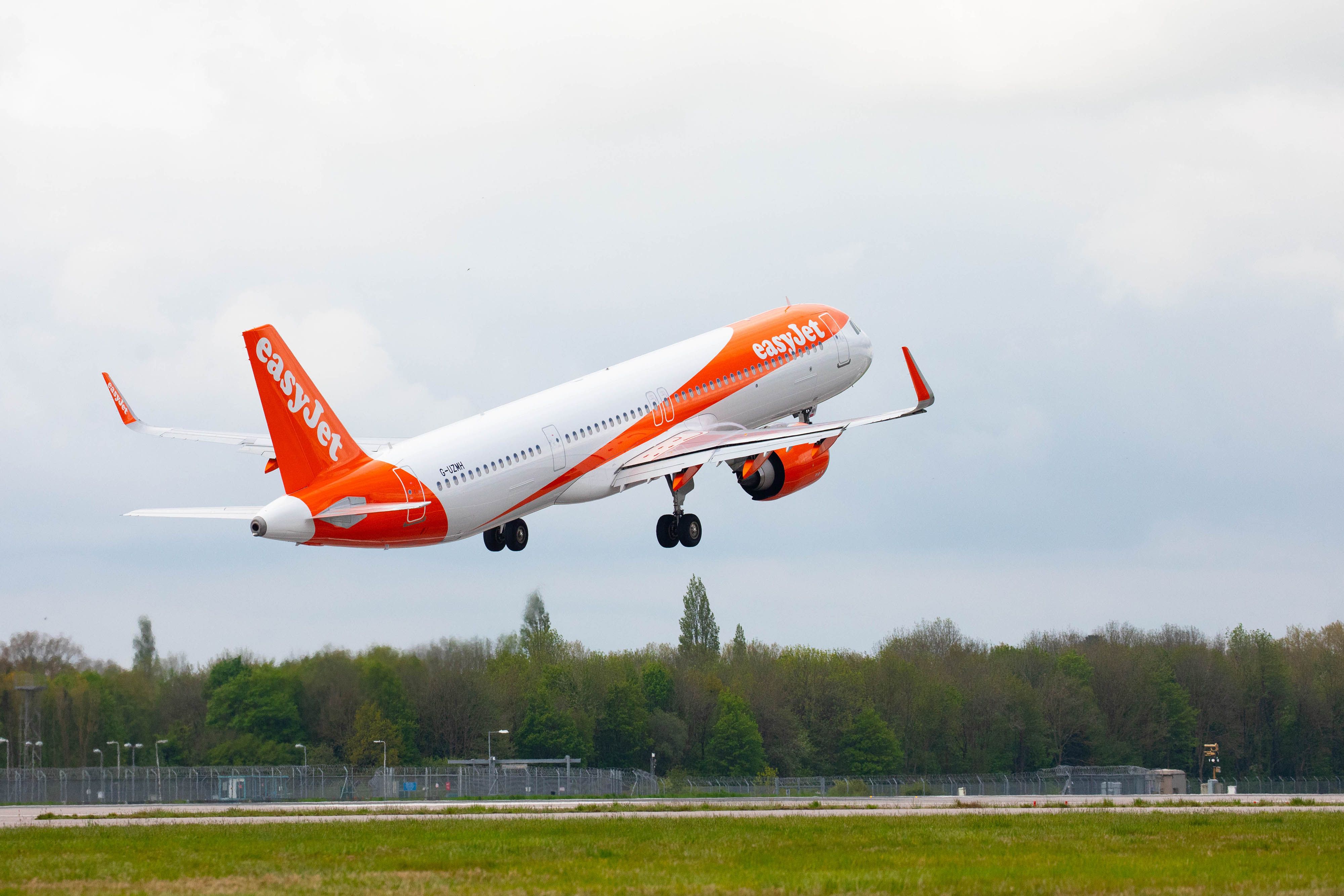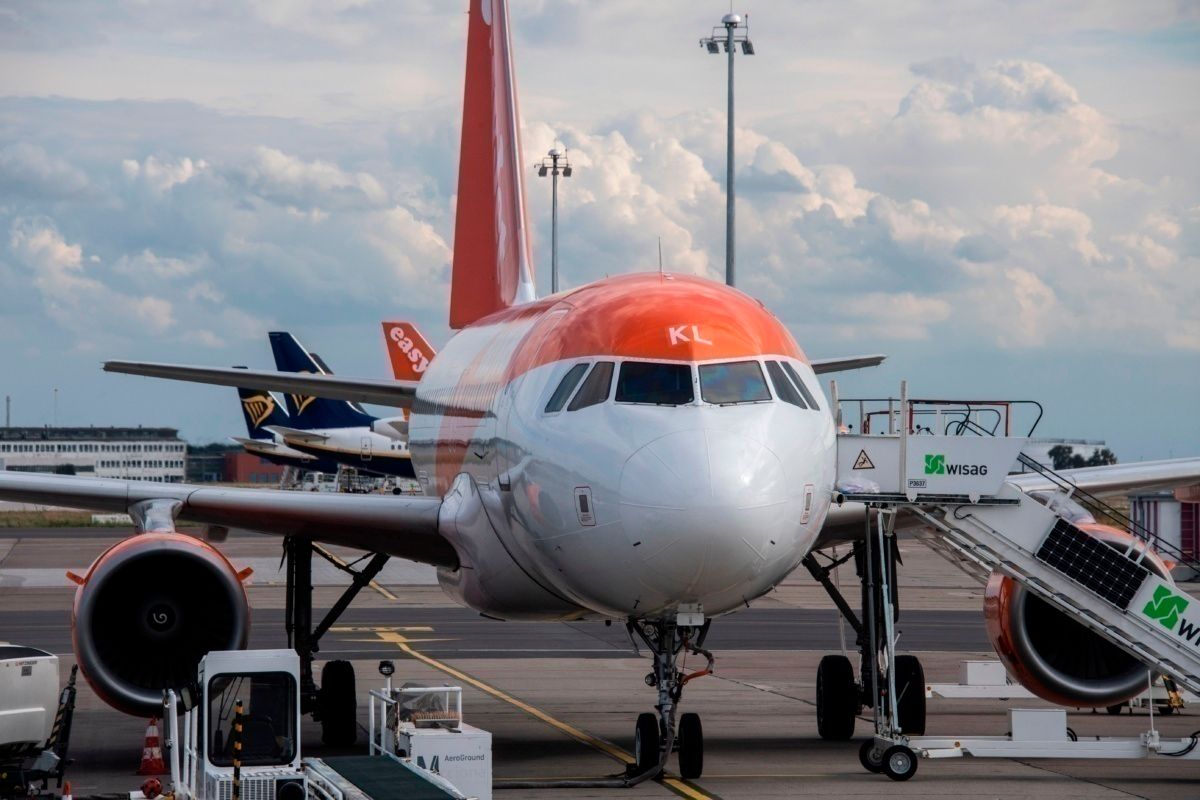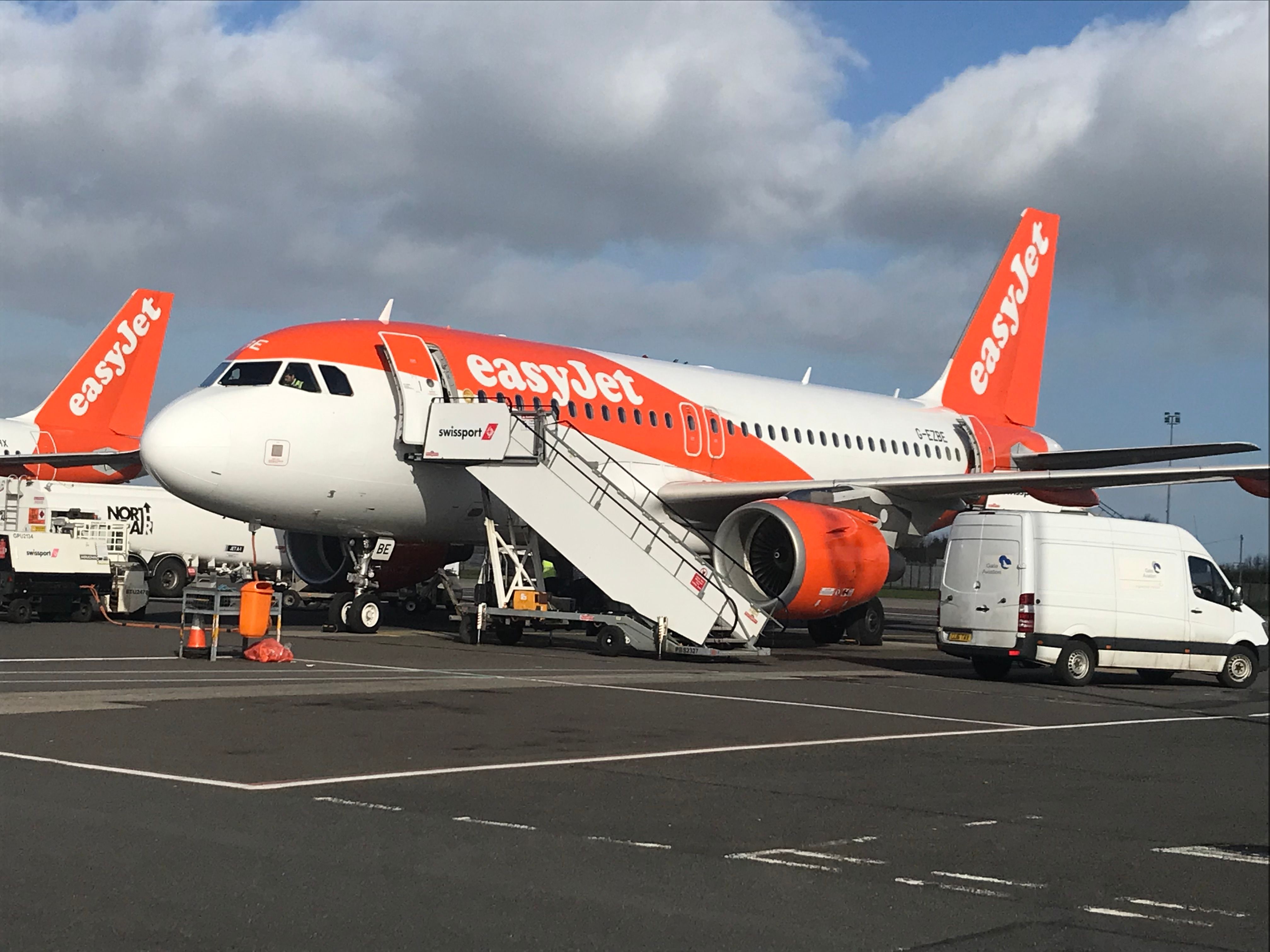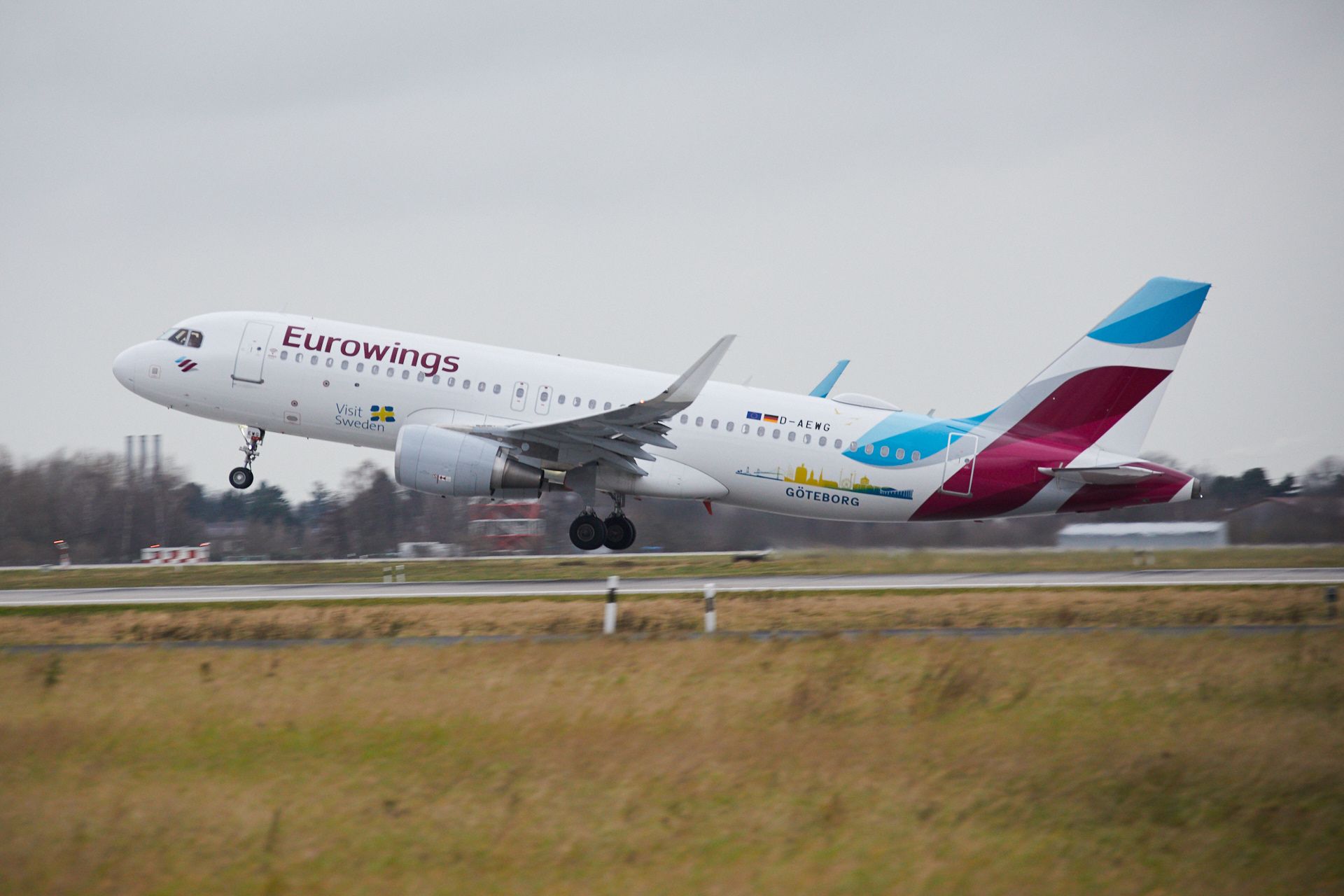Read update
- easyJet statement on Brandenburg Airport
Following several weeks of crew shortages and frequent flight cancellations, easyJet has announced it will be reducing its presence at Berlin Brandenburg Airport. Citing its slow recovery and high airport fees, the low-cost carrier will reduce the aircraft based at the airport to just 11 for winter 2022, putting almost 275 flight and cabin crew jobs at risk.
Planned reductions
In a statement obtained by AeroTime, the carrier noted the decision came as part of its strategy to concentrate on profitable routes and streamline its current network plan.
“The expected demand for travel, high airport fees, and our efforts to optimize our network as a consequence of the pandemic mean it is necessary to restructure our operations,” wrote easyJet’s German Manager Stephan Erler.
Additionally, easyJet has said it will hold talks with employees regarding the proposal and try to keep job cuts to a minimum by offering staff roles elsewhere across its network where possible.
“We are confident that if we remove the seven aircraft from BER and use them at other bases across the network, they will be more profitable and generate significantly more revenue than if they remained in Berlin,” the carrier added.
easyJet became the market leader in the region following the collapse of Air Berlin in 2017; however, recent years and the onset of the coronavirus pandemic have seen the carrier struggle to regain its dominance. In 2020 easyJet reduced its fleet at the airport from 34 to 18, halving staff numbers in the process.
Despite early optimism for a robust post-pandemic recovery, easyJet has lagged behind some of its low-cost cohorts. Widespread staff absences have led to reduced capacity, causing the carrier to ax hundreds of services over the past two months.
While easyJet has ramped up its recruitment drive, required training and security clearance have delayed the start dates of new hires, and bonuses have struggled to catch the attention of poached, pre-trained cabin crew staff.
In a fairly drastic measure to adapt to the shortages and prevent further disruption this summer, the carrier has reduced the seating capacity on 55 of its Airbus A319s to just 150 passengers, bringing down required crew members from four to three per flight.
Industry response
This week’s decision has drawn criticism from Germany’s United Services Trade Union (Ver.di), noting its disappointment in the carrier for giving up its strategic position in Berlin and that the union would not accept it without a fight.
“Especially now that air traffic is picking up, it’s incomprehensible. That’s how you alienate customers. easyJet’s planes are full," Union secretary Holger Rößler told Tagesspiegel. “Apparently, it’s all about moving machines to other places, possibly to Spain or Portugal, to make a few euros more profit. The plans are a slap in the face for the workforce.”
Lufthansa subsidiary Eurowings has since swept in with offers to recruit the former Berlin-based easyJet employees. Speaking at an online conference earlier today, Chief Executive Jens Bischof explained that all employees would receive an attractive job offer. Bischof added that easyJet’s decision was proof of Eurowing’s growing competitiveness, with the withdrawal of Ryanair from Stuttgart and Düsseldorf and Wizz Air from Dortmund allowing the German low-cost carrier to offer more capacity than pre-pandemic numbers.
UPDATE: 2022/05/25 18:14 EST BY MOLLY RUSSELL
easyJet statement on Brandenburg Airport
"easyJet is starting a consultation with its employee representatives for cabin crew and pilots based in Germany (the PV) on proposals to reduce the number of aircraft based at Berlin Brandenburg Airport from 18 to 11 aircraft from winter 2022.
This is due to a combination of factors including high and increasing airport costs and a slower than expected recovery of demand in Germany which unfortunately means we may need to reduce our cabin crew and pilot community based at BER by around 275 employees (subject to consultation).
The planned restructuring is part of the airline’s strategy to focus on profitable lines of flying, optimising our network and to ensure sustainable, profitable operations for the long term in Berlin.
We will work closely with the PV during the consultation, provide full support to our people in Germany and will also keep the union ver.di informed accordingly.
We are committed to working constructively with our employee representatives in Germany with the aim of minimising potential job losses as far as possible and hope to be able to provide opportunities for applications for vacant positions elsewhere in our network where possible."
What are your thoughts on easyJet’s decision to reduce its presence in Berlin? Let us know in the comments section.
Sources: AeroTime, Tagesspiegel, Handelsblatt




